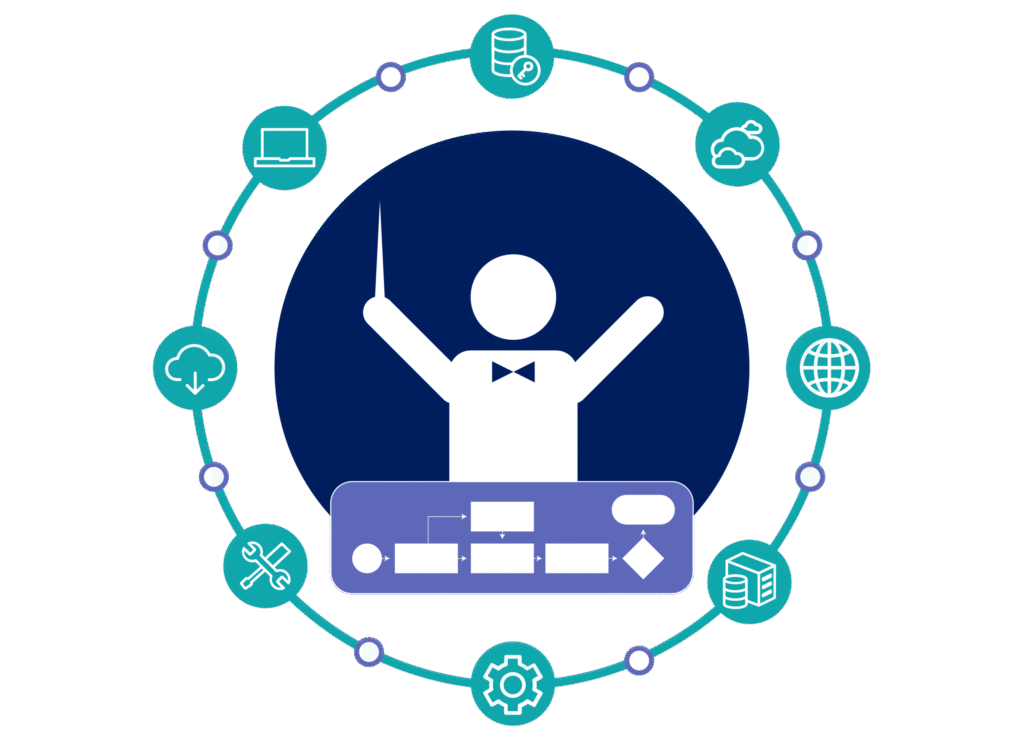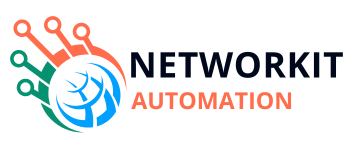Network Automation Bundle course

Network Automation Bundle Course
Master the future of networking with our all-in-one automation package. This course covers Python for networking, Ansible, SDN, and automation tools, enabling you to design, deploy, and manage networks with efficiency. Perfect for professionals who want to upgrade from traditional networking to automation-driven environments.
Who will benefit from this course?
Network Automation Engineers
Freshers
Managers
Tech Leads

Python
The Python course introduces learners to one of the most powerful and versatile programming languages used in network automation and DevOps. Participants learn Python syntax, data structures, modules, and libraries essential for automating network tasks. The course covers key networking libraries such as Netmiko, Paramiko, and NAPALM, enabling students to build scripts for configuration management, data collection, and device monitoring. By the end, learners can automate repetitive network operations and integrate Python scripts with APIs and network controllers.

Ansible
This course focuses on Ansible, a leading automation tool that simplifies configuration management, application deployment, and orchestration. Participants learn how to create playbooks, manage inventories, and automate network configurations across multi-vendor environments. The curriculum also covers advanced topics such as Ansible roles, Jinja2 templating, and integration with Git and CI/CD pipelines. Students gain hands-on experience deploying automated workflows that reduce human error and improve operational efficiency.

Terraform
The Terraform course teaches Infrastructure as Code (IaC) principles, enabling learners to provision and manage infrastructure using declarative configuration files. Students explore how to define and deploy network infrastructure across cloud providers like AWS, Azure, and GCP. Key topics include Terraform providers, variables, modules, and state management. By mastering Terraform, participants can create scalable, version-controlled, and reproducible network environments for enterprise and cloud automation projects.

GitHub
This course introduces learners to GitHub, the most widely used platform for version control and collaboration. Participants learn Git fundamentals such as commits, branches, merges, and pull requests, as well as project management through repositories. The course emphasizes DevOps collaboration, code versioning, and integration with automation tools like Jenkins, Ansible, and Terraform. By the end, learners can confidently manage and share codebases, track changes, and contribute to team-based automation projects.

DevNet
The DevNet course focuses on the integration of software development and networking, bridging the gap between traditional network engineering and automation. Learners gain hands-on experience with Cisco APIs, RESTCONF, NETCONF, and Python-based network programmability. The course prepares participants for Cisco DevNet certifications by teaching practical automation use cases, including device provisioning, telemetry collection, and API-based network control. It empowers learners to design programmable and intent-based networks.

Orchestration
This course explores Network Orchestration, where multiple automation tools and systems are coordinated to deliver end-to-end network services. Participants learn about workflow design, API integration, and automation frameworks that connect various platforms such as routers, switches, and cloud services. The module focuses on achieving unified management, faster service delivery, and consistent configuration across hybrid environments.

Ansible AWX
The Ansible AWX course provides training on the web-based management interface for Ansible automation. Learners explore how to centrally control playbook execution, manage credentials, schedule tasks, and monitor automation jobs using AWX’s dashboard. The course includes role-based access control (RBAC), inventory management, and workflow templates, enabling teams to manage large-scale network automation efficiently. This hands-on training prepares participants to implement automation at an enterprise level with enhanced governance and visibility.

ServiceNow
The ServiceNow course introduces learners to one of the most popular IT Service Management (ITSM) and automation platforms. It covers incident, problem, and change management, along with workflow automation and integration with external systems via REST APIs. Participants also explore how ServiceNow supports network operations automation, ticketing integration, and configuration workflows, helping IT teams enhance service delivery and operational visibility.
Class & Course Duration
Our class schedules are flexible and designed to suit your needs.
- Each session is 1.5–2.5 hours (average 2 hours).
- Classes are held twice a week, including weekends.
- Course duration is flexible—it may take about a month or less, depending on content and your pace of learning.
- We don’t rush; additional classes may be added if required.
- In the first 1–2 months, classes are once a week, and later the frequency increases.
- For fast learners, we can accelerate the course by extending session duration or frequency.
Below is the Sample
1 | August | 4 Classes | 1 days a week | 1.5 Hrs to 3 Hrs | 2 Hrs average class time |
2 | September | 4 Classes | 1 days a week | 1.5 Hrs to 3 Hrs | 2 Hrs average class time |
3 | Oct | 8 Classes | 2 days a week | 1.5 Hrs to 3 Hrs | 2 Hrs average class time |
4 | Nov | 8 Classes | 2 days a week | 1.5 Hrs to 3 Hrs | 2 Hrs average class time |
5 | Dec | 8 Classes | 2 days a week | 1.5 Hrs to 3 Hrs | 2 Hrs average class time |
6 | Jan | 8 Classes | 2 days a week | 1.5 Hrs to 3 Hrs | 2 Hrs average class time |
